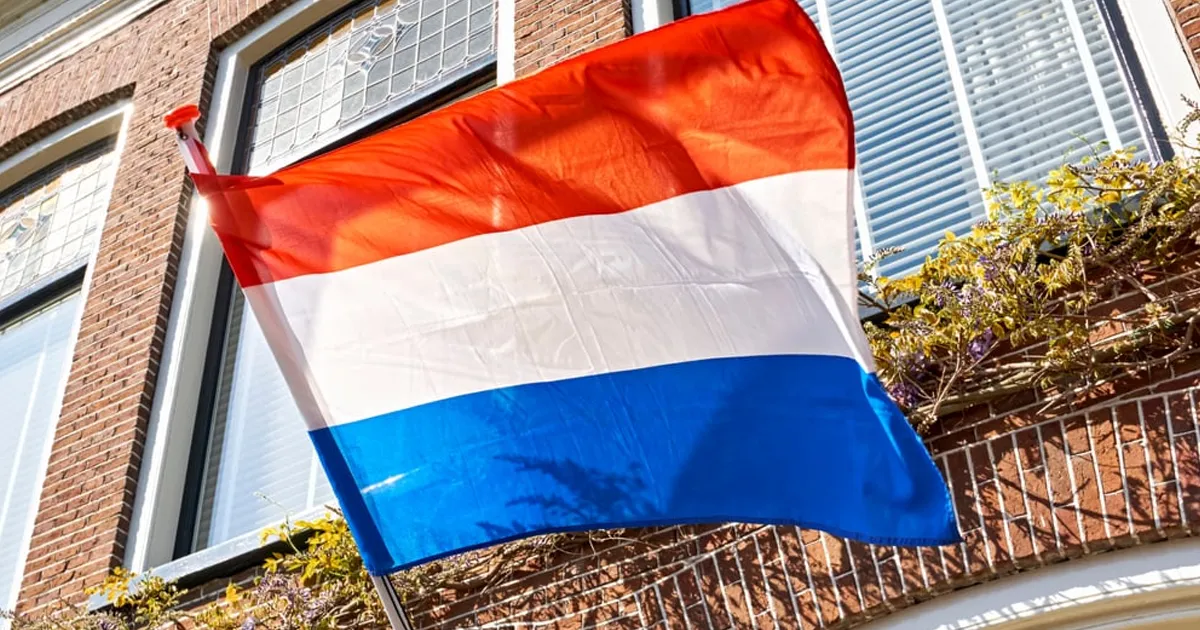Dutch Gambling Act evaluation in final stage
This week is exciting for everyone involved in online gambling in the Netherlands. The research agency Dialogic is organizing a series of discussions. The so-called validation sessions as the final step in the major investigation into the Remote Gambling Act (Koa). During these sessions, those involved will have the opportunity to give their opinion on the preliminary conclusions. The results will soon be shared with the House of Representatives.
What do these validation sessions actually entail?
It is actually very simple: in these sessions, people from the gambling sector are asked to share their thoughts on how the Koa Act has worked so far. Think of players, providers of gambling services, and even people who are involved in addiction prevention. They are presented with statements and are allowed to say what they think about it.
An example of such a question? “Should there be stricter advertising controls?” Or: “Is the current online gambling system safe enough for players?” The aim is to find out whether Dialogic’s conclusions are correct and whether there are perhaps some things that need to be changed.
Consumer protection: are we safe enough?
One of the most important points of this evaluation is consumer protection. The law was supposed to ensure that gamblers in the Netherlands can play online safely. But how well does that actually work in practice? That is what the sessions will be about this week.
For example, it will be discussed whether the information that players receive about gambling is clear enough. Are the rules and odds easy to understand? And what happens to your money if the casino goes bankrupt? The advertisements are also critically examined: is it okay for young people to see certain gambling advertisements?
One of the questions on the table: would a stricter “no, unless” rule for gambling advertisements help? This would mean that gambling advertisements would be prohibited by default, except in special cases. That would provide clarity for both providers and players.
Addiction prevention: is what we do enough?
Another major topic that will be discussed this week is the prevention of gambling addiction. The Koa Act places responsibility for this with the providers of online gambling games. But does that work as it should?
For example, a new idea is being discussed. Instead of just preventing gambling addiction, the law should also pay more attention to combating gambling-related damage. Think of players who lose too much money or get emotionally entangled because of gambling.
In addition, Cruks, the self-exclusion system, is discussed. The question is whether this system works well and how we can ensure that people who get into trouble with gambling are helped more quickly. Another proposal is to give providers more information about players who have been in Cruks in the past, so that they can guide them better.
Fraud and crime: still a major challenge
In addition to protecting players and preventing addiction, the Koa Act also tries to combat fraud and crime. Think of money laundering via online gambling sites or the manipulation of sports matches, also known as match-fixing.
Dialogic wants to know from those involved how well the law works in this area. Does the law actually prevent criminals from doing their thing via legal gambling sites? And what could be improved?
One problem that has emerged is the limited control that the Gaming Authority (Ksa) has. Because the Ksa cannot create accounts at gambling sites, they cannot actively monitor either. Three possible solutions have now been proposed, including using fake profiles with which they can log in. The question is whether this will improve control without causing problems.
What does all this mean for players?
The whole idea of this evaluation is to improve the Koa Act, so that online gambling in the Netherlands remains fair, safe and responsible. Perhaps there will be stricter rules for advertising, or the measures against addiction will be tightened. One thing is certain: Consumers’ gaming experience is central. The results of this evaluation could bring about major changes in how they will gamble online in the future.


